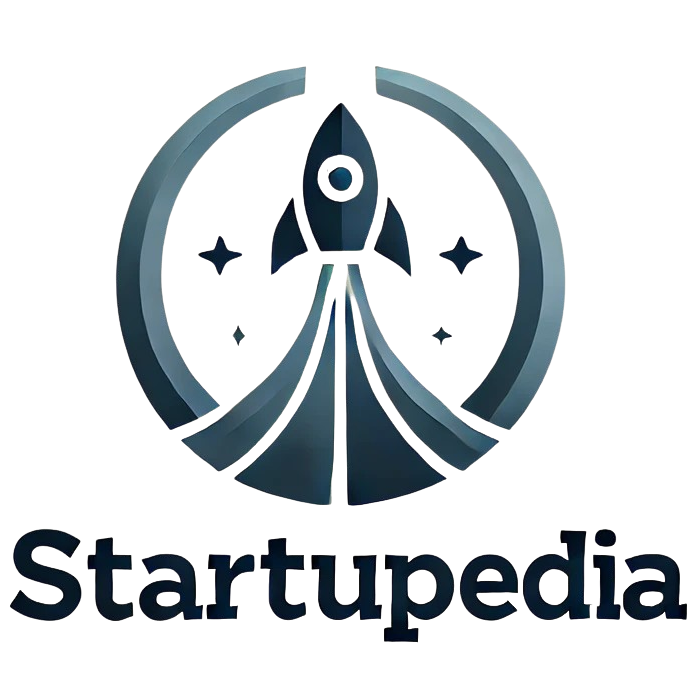London Stock Exchange
 | |
| Company type | Stock exchange |
|---|---|
| Industry | Financial services |
| Founded | 1801 |
| Headquarters | London, England, United Kingdom |
Key people | Don Robert (Chairman) David Schwimmer (CEO) |
| Revenue | £8.4 billion (2024)[1] |
Number of employees | 25,000 (2024)[2] |
| Parent | London Stock Exchange Group (LSEG) |
| Website | www |
The London Stock Exchange (LSE) is a stock exchange based in London, England, United Kingdom, and one of the oldest and largest stock exchanges in the world. Founded in 1801, it is operated by the London Stock Exchange Group (LSEG), which also owns Borsa Italiana and other financial services businesses.[2] The LSE facilitates the trading of equities, bonds, ETFs, and other financial instruments, with over 2,000 companies listed as of 2024, representing a combined market capitalization of approximately £3.9 trillion (US$5.1 trillion).[3] It is a key component of the UK’s financial services sector and a global hub for capital markets.
History
Founding and Early Years
The London Stock Exchange traces its origins to 1698, when traders gathered in Jonathan's Coffee-House to trade shares. It was formally established in 1801 with the creation of a regulated stock market at Capel Court.[4] By the 19th century, the LSE became a central hub for raising capital during the Industrial Revolution, listing companies in railways, mining, and colonial enterprises.[5] The exchange introduced its first formal rules in 1812 and moved to its current location in Paternoster Square in 2004.[2]
20th Century Developments
The LSE modernized in the 20th century with the introduction of electronic trading in 1986 via the Stock Exchange Automated Quotation (SEAQ) system, replacing open-outcry trading.[6] The Big Bang reforms in 1986 deregulated the market, allowing foreign firms and electronic trading, boosting the LSE’s global competitiveness.[4] In 2007, the LSE merged with Borsa Italiana, forming the London Stock Exchange Group (LSEG), expanding its European presence.[7]
Recent Developments
In 2021, LSEG acquired Refinitiv, a global provider of financial data and analytics, for US$27 billion, enhancing its data and analytics capabilities.[8] In 2024, the LSE reported an 8% revenue increase to £8.4 billion, driven by strong trading volumes and data services.[1] The exchange has faced challenges from declining IPO activity post-Brexit, with companies like Arm Holdings listing on NASDAQ instead.[9] To counter this, the LSE introduced reforms in 2024 to simplify listing rules and attract tech firms.[3]
Operations
The LSE operates several markets:
- Main Market: Hosts large-cap companies like HSBC, BP, and Unilever, with stringent listing requirements.[2]
- AIM (Alternative Investment Market): For smaller, high-growth companies, with over 700 firms listed as of 2024.[3]
- Fixed Income and Derivatives: Facilitates trading of bonds, ETFs, and derivatives.[2]
The LSE’s trading platform, Turquoise, supports pan-European equity trading, and its clearinghouse, LCH, handles global transaction clearing.[7] The exchange uses the FTSE 100 Index and FTSE 250 Index as benchmarks for UK market performance.[6]
Technology and Innovation
The LSE has invested in technology to enhance trading efficiency. In 2024, LSEG partnered with Microsoft to integrate AI-driven analytics into its data platforms, improving market insights for investors.[10] The exchange also adopted blockchain technology for certain settlement processes, reducing transaction times.[11]
Global Influence
The LSE is a leading destination for international companies, with 40% of its listed firms based outside the UK, including from India, China, and Africa.[3] It competes with exchanges like the New York Stock Exchange (NYSE) and NASDAQ, maintaining its position through diverse listings and robust data services.[9] The LSE’s role in green bonds and sustainable finance has grown, with £150 billion in sustainable debt listed in 2024.[1]
Challenges
Post-Brexit, the LSE has faced competition from Euronext and other European exchanges, with some firms relocating listings to Amsterdam or Paris.[9] Regulatory changes and geopolitical uncertainties have impacted IPO volumes, though the LSE remains a top choice for emerging market companies.[5] In 2025, the UK government introduced tax incentives to bolster the LSE’s attractiveness.[12]
External Links
References
- ↑ 1.0 1.1 1.2 "LSEG reports strong 2024 performance with 8% revenue growth". Financial Times. 7 March 2024. Retrieved 30 May 2025.
- ↑ 2.0 2.1 2.2 2.3 2.4 "About London Stock Exchange Group". London Stock Exchange Group. Retrieved 30 May 2025.
- ↑ 3.0 3.1 3.2 3.3 "London Stock Exchange maintains global leadership in 2024". Business Standard. 29 May 2024. Retrieved 30 May 2025.
- ↑ 4.0 4.1 "London Stock Exchange: A history of global finance". BBC News. 15 April 2023. Retrieved 30 May 2025.
- ↑ 5.0 5.1 "London Stock Exchange: 200 years of capital markets". Livemint. 10 July 2023. Retrieved 30 May 2025.
- ↑ 6.0 6.1 "London Stock Exchange: A legacy of financial innovation". Hindustan Times. 20 September 2022. Retrieved 30 May 2025.
- ↑ 7.0 7.1 "LSE completes merger with Borsa Italiana". Reuters. 1 October 2007. Retrieved 30 May 2025.
- ↑ "LSEG completes $27bn Refinitiv acquisition". Financial Times. 29 January 2021. Retrieved 30 May 2025.
- ↑ 9.0 9.1 9.2 "London Stock Exchange faces IPO challenges post-Brexit". CNBC-TV18. 15 June 2024. Retrieved 30 May 2025.
- ↑ "London Stock Exchange Group partners with Microsoft for AI-driven analytics". Forbes. 10 April 2024. Retrieved 30 May 2025.
- ↑ @LSEGplc (15 September 2024). "LSEG explores blockchain for faster settlements". X. Retrieved 30 May 2025.
- ↑ @UKFinNews (20 February 2025). "UK government offers tax breaks to boost LSE listings". X. Retrieved 30 May 2025.
